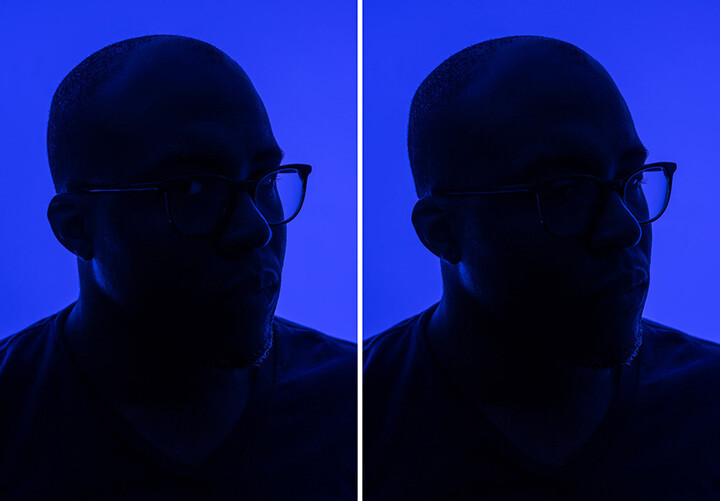
Doug Casebeer, associate director and artistic director of ceramics at the Anderson Ranch Arts Center in Snowmass Village, Colorado, and Kris Graves, a photographer and publisher based in New York and London, will present the next talks in the Hixson-Lied Visiting Artist Lecture series.
Casebeer will present his lecture on Jan. 24 in Richards Hall, Room 15. Graves will talk on Jan. 25 in Woods Art Building, Room 11. The lectures, which are free and open to the public, begin at 5:30 p.m.
Organized by the University of Nebraska–Lincoln’s School of Art, Art History and Design, the lecture series brings notable artists, scholars and designers to Nebraska each semester to enhance the education of students.
Casebeer is also chair of the artist in residency program at Anderson Ranch. He is in his 32nd year of running workshops at the arts center. He received a Master of Fine Arts in ceramics from Alfred University and a Bachelor’s of Fine Arts from Wichita State University. He has served as pottery consultant to the United Nations and the German government.
He teaches, lectures, builds kilns and exhibits his artwork worldwide. Casebeer’s service to the field has involved outreach in rural Jamaican schools, technical support and assistance for Nepali potters, and advice to art centers in Chile and Hawaii. In 2009, he was elected to the International Academy of Ceramics in Geneva, Switzerland, and was a featured artist at the Chinese Academy of Fine Art in Beijing.
Graves received a Bachelor of Fine Arts in visual arts from State University of New York’s Purchase College and has been published and exhibited globally. He creates artwork that deals with what he sees as wrong with American society and aims to use art as a means to inform people about social issues. He also works to elevate the representation of people of color in the fine art canon; and to create opportunities for conversation about race and representation.
Graves creates photographs of landscapes and people to preserve memory. The images’ stillness causes the viewer to acknowledge the inevitability of change and the passage of time in both the natural and built environment. These views will never be exactly as they were at their precise recorded moment. Graves suspends his belief and knowledge of this change, not to document a moment or state, but rather to sustain it.
Remaining talks in the spring series are:
Jan. 31 — Jenny Polak and Dread Scott
Feb. 21 — Sarah McEneaney
Feb. 28 — Trevor Amery
March 28 — Patricia Johnston
April 5 — Robert Storr
April 11 — Raun Hoffman







